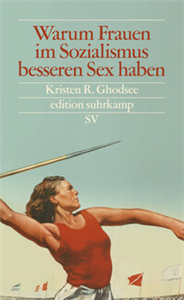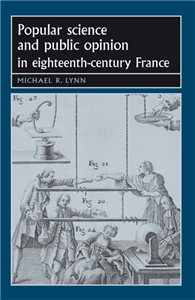Literary studies: c 1500 to c 1800
November 2007
Four court masques by Ben Jonson
Masques of difference presents an annotated edition of four seventeenth-century entertainments written by Ben Jonson for the court of James I. These masques reflect both the confidence and the anxieties of the English aristocracy at a time when notions of monarchy, empire, and national identity were being radically redefined. All four masques reflect the royal court's self-representation as moral, orderly, and just, in contrast to stylised images of chaotically (and exotically) 'othered' groups: Africans, the Irish, witches, and the homoeroticised figure of the Gypsy. This edition presents two masques that have received recent attention in the classroom - The Masque of Blackness and The Masque of Queens - and two that have never before been anthologised for the student reader - The Irish Masque at Court and The Masque of the Gypsies Metamorphosed. This anthology offers students the latest in scholarship and critical theory and essential clues for understanding the ideologies that shaped many of the modern structures of English culture.

























